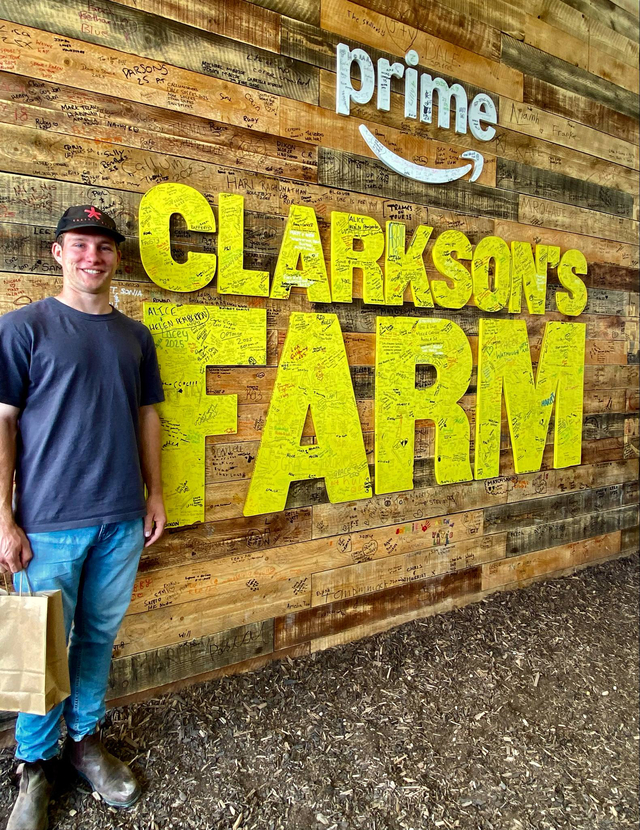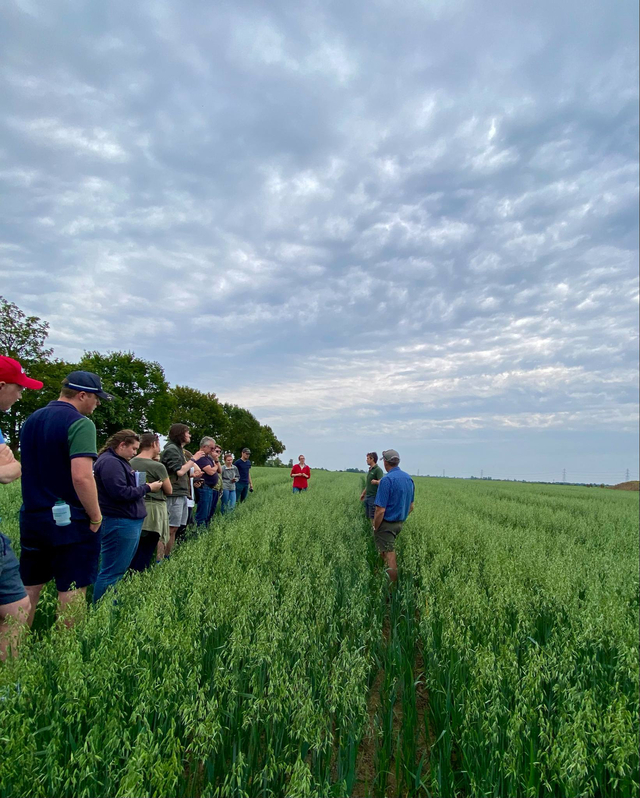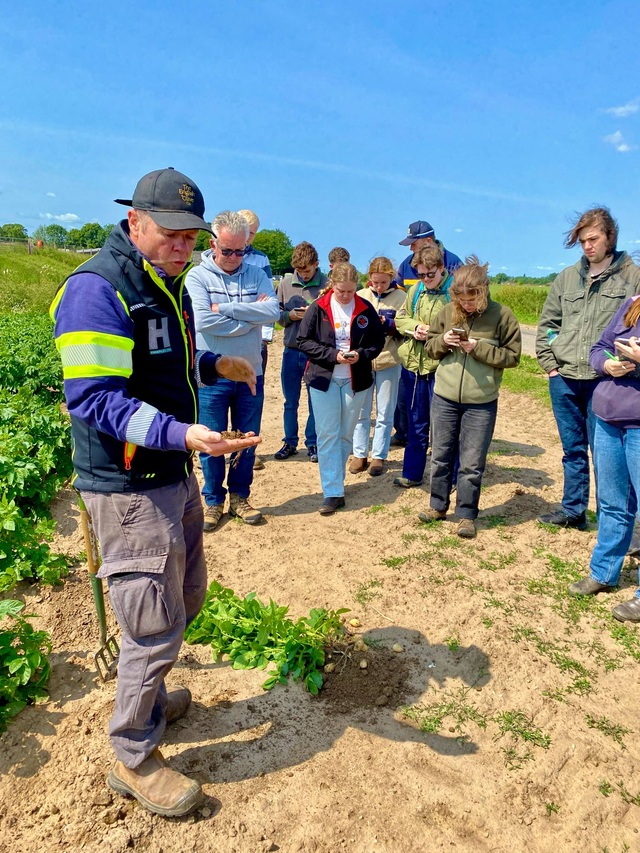Waterloo’s Caleb Schwartz is a third-year Agricultural Science student at the University of Adelaide and is the president of the Adelaide University Agricultural Students Association.
Mr Schwartz has shared his observations from a recent trip to England alongside fellow students as part of a summer school exchange program from the University of Nottingham. The exchange group gained first-hand industry insight from across the pond from local producers and relevant experts.
I recently had the opportunity to trade the Mid North for a week in the green, rolling countryside of the English Midlands. As part of an Agronomy Summer School hosted by the University of Nottingham, I joined a group of students exploring farms, research sites, and rural communities across the north-east of the country.
We visited places growing everything from wheat, barley and oats to vining peas, potatoes, mustard, oilseed rape, carrots, sugar beet, turnips, cabbage, and rhubarb.
Some farms were producing wheat yields of 15 tonnes per hectare, and sugar beet of 120 tonnes per hectare (a fast-growing plant with a large white taproot, grown for sugar production). Like us, they’ve also had a dry run, one farmer told us he’d only received 13mm of rain from February through to June, during their spring.
It was a good reminder that while the landscapes and systems might differ, the challenges often don’t. Whether it’s dealing with the weather, juggling rising input costs, or working through changing regulations, the conversations sounded a lot like the ones you’d hear at the bar in the pub at home.
There’s a kind of quiet strength that must come from living on the land, and we saw it time and time again. That same down-to-earth humour and deep sense of community, whether in rural England or regional South Australia, felt comfortingly familiar.
Even sitting in a sunny garden with a cup of tea, the conversations felt like home. The balance between holding on to tradition and embracing change. The ongoing challenge of keeping young people in the country and towns vibrant. These are conversations we know well, and they were having them too.
Agriculture is shaped by policy and place, but more than that it’s shaped by people. The values that sit at the heart of country life seem to carry across borders.
That was one of the more grounding parts of the trip. It didn’t just give me a better understanding of agronomy, it reminded me what makes country people special.
One of the lighter highlights of the week was visiting Diddly Squat, the farm made famous by TV personality Jeremy Clarkson.
Fans of Clarkson’s Farm will know he’s thrown himself into farming – not without its hiccups. But standing there, you wouldn’t have known it. The farm shop and his newly opened pub were packed, and the ‘frozen cow juice’ (ice cream) and Hawkstone Lager (his own beer) were well worth the wait.
Whether you’re a Clarkson fan or not, he’s managed to bring country life into the public eye in a way few others have. He’s helped people care not just about where their food comes from, but about who grows it, and what they go through to do it.
For me, the trip wasn’t just about British agriculture (I’m not convinced we’ll be growing sugar beet here any time soon). It was about stepping outside what’s familiar and reflecting on what matters most back home.
Whether you’re shearing sheep, working in town, driving the school bus or helping out at the footy club, life in the country is about more than what we do – it’s who we are.










